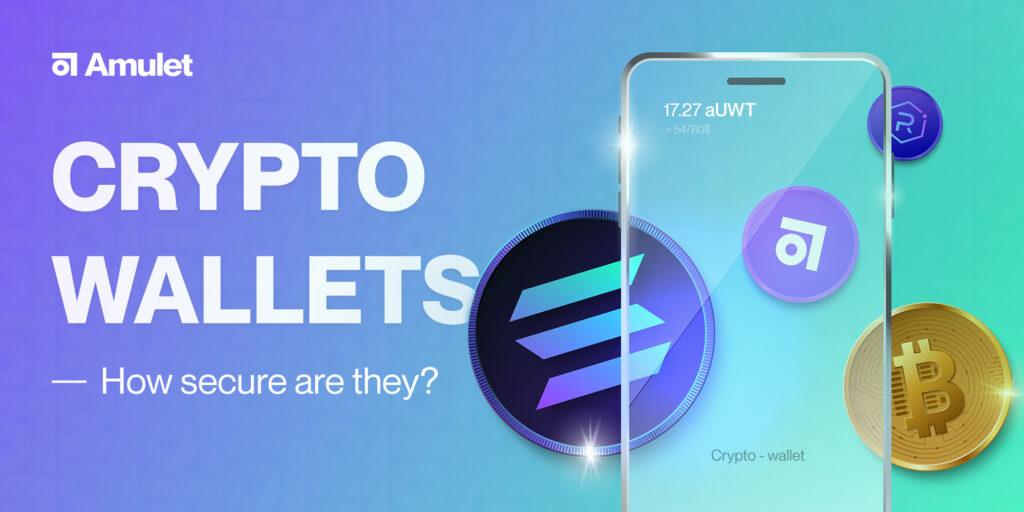After buying crypto, you need to decide where to store it safely. As cybercrime in the DeFi industry is on the rise, you need to store your coins securely or risk falling victim to a cybercrime. Therefore, in this article, we explain some different options for storing your cryptocurrencies and explain why DeFi cover is also a smart move for all crypto investors.
Custodial wallet
Arguably the easiest way to store your cryptocurrency is in a custodial wallet. When you buy coins on an exchange, they are automatically added to a custodial wallet. From this source, you can then transfer them into a cold or hot wallet that you own away from the platform. Custodial wallets are popular because they don’t require a great deal of effort to maintain, and you can easily trade coins that are held in a custodial wallet.
However, a drawback to custodial wallets is that they don’t provide you with complete ownership of your coins. This means that you’re reliant on a third party for the security of your crypto, and you need to trust that they won’t lock you out of your investment.
Cold wallet
By investing in a cold wallet, you can store your cryptocurrency offline. Most cold wallets are hardware wallets, which you can connect to your PC when you need to trade. The biggest advantage of a cold wallet is that it allows you to keep your cryptocurrency offline where it can’t be stolen by hackers. If you lose the device, you can use the recovery seed to access your offline funds.
As far as general security is concerned, storing your coins in an offline wallet is widely regarded as the best option. The biggest drawback is that cold wallets aren’t the most convenient, and it will cost you between $50 and $100 to buy one in the first place.
Hot wallet
A hot wallet provides you with the opportunity to store your crypto coins online. You can add some to your mobile device and desktop computer, while others are exclusively web-based. Hot wallets are popular because they’re free, easy to use, and offer enhanced security against would-be hackers. Of course, the biggest threat associated with hot wallets is that they can be hacked as they store your crypto online.
Physical wallet
Also referred to as paper wallets, you can store your crypto coins in a physical wallet. They consist of a print of keys that enable crypto transactions. When it’s time to trade, you can scan the keys – which are usually presented as QR codes – which allow you to buy and sell coins. As is the case with cold wallets, physical wallets enable you to safely store your coins offline. However, they’re not particularly user-friendly and relatively complicated to get the hang of.
Are mobile wallets safe?
Storing your cryptocurrency in a mobile or desktop-based hot wallet is a reasonably secure way of managing your digital assets. That being said, crypto-related crimes are rising, and scammers stole a record $14 billion in 2021 alone. This highlights just how important it is to protect your investments from would-be thieves. So, as well as utilising the best wallet for your needs, you should also consider crypto insurance, as we explain below.
Is crypto cover necessary?
Given the recent increase in crypto-related crimes, DeFi cover is a worthy investment. Amulet has developed the first Protocol-Controlled Reserves (PCR) approach in the whole risk protection industry, which offers protection from smart contract vulnerability and soon stablecoin depeg, and slashing. Amulet is also looking and assessing the fundamentals for a Wallet Cover. So, if you have invested in crypto, now is the time to protect it against would-be thieves and hackers.

